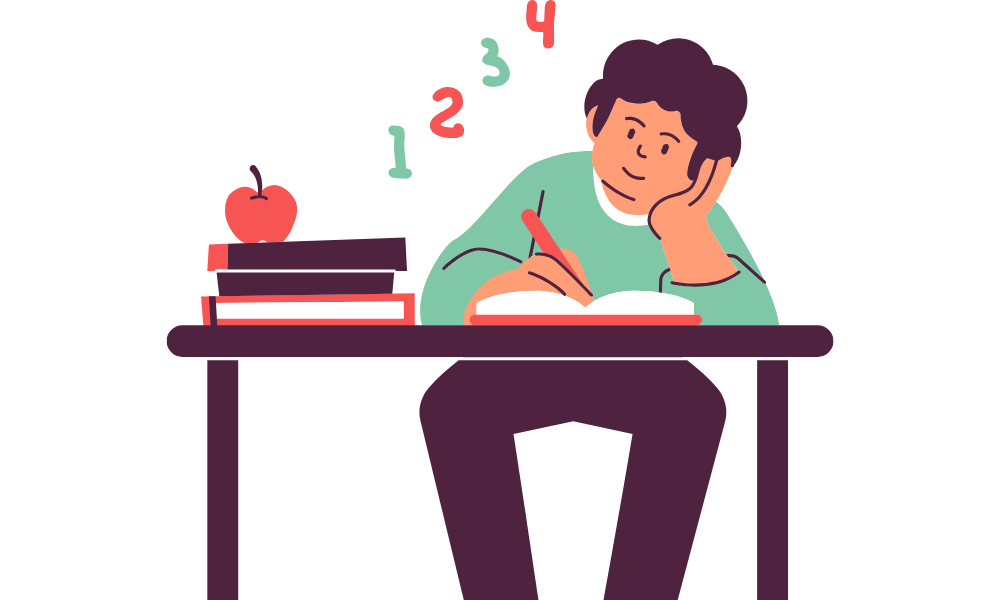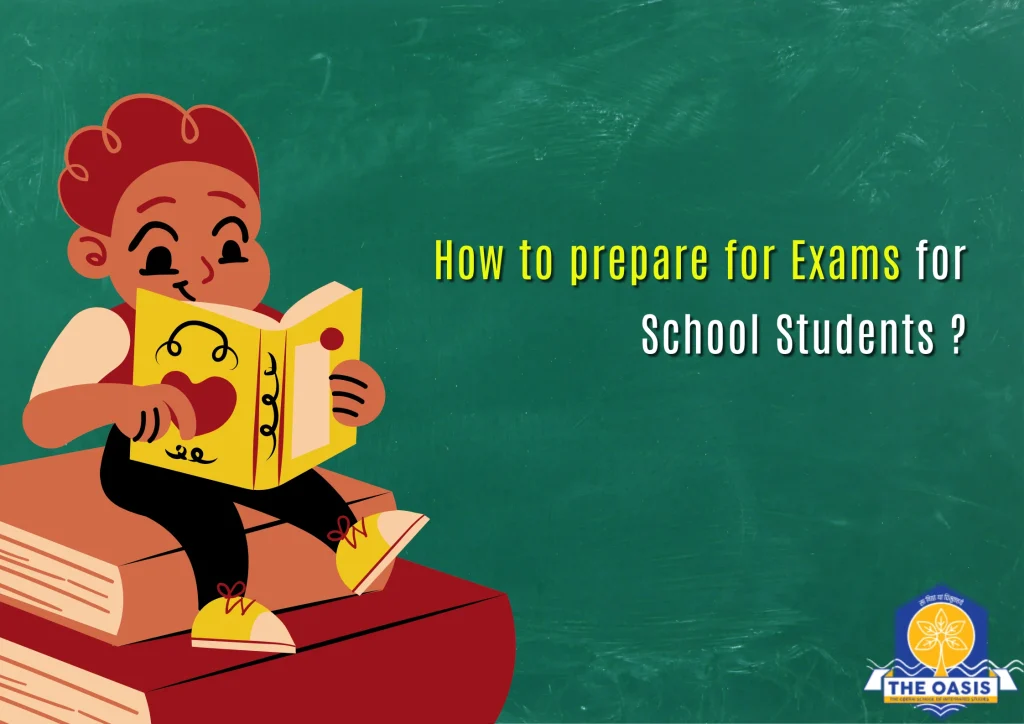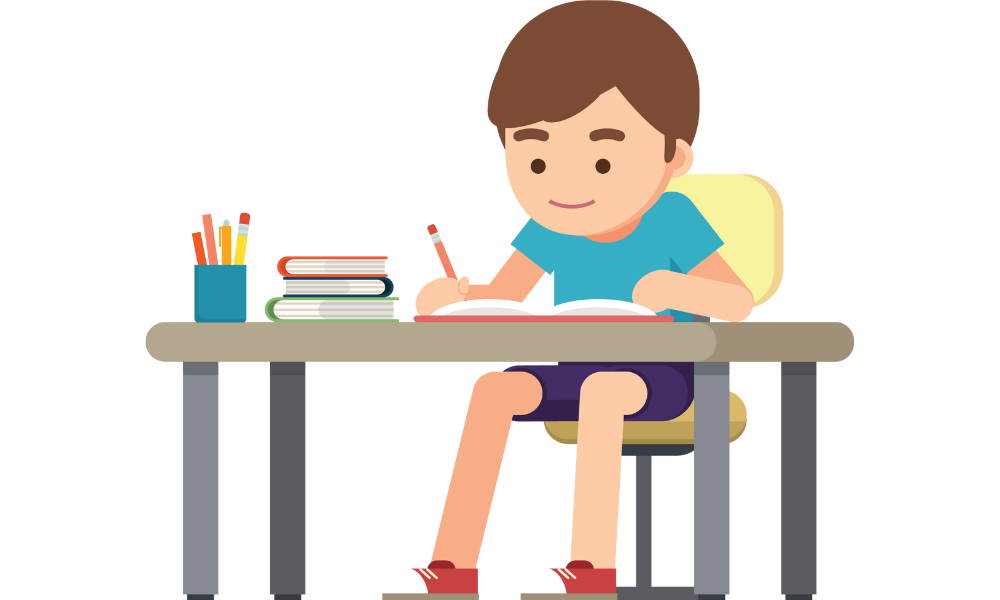
In today’s fast-paced academic environment, students often find themselves overwhelmed with studies, extracurricular activities, and personal responsibilities.
Developing strong time management skills is crucial for maintaining a balanced life and ensuring academic success. The Importance of Time Management for Students cannot be overstated, as it helps them stay organized, reduce stress, and improve productivity.
Many institutions, including the Best Boys Boarding Schools in India, emphasize the significance of time management by incorporating structured schedules and goal-setting exercises into their curriculum. By mastering this skill, students can enhance their learning efficiency, complete tasks effectively, and have time for personal development.
Importance of Time Management for Students:

1. Enhances Academic Performance
When students manage their time effectively, they can allocate sufficient hours for studying, revisions, and assignments without last-minute stress. This results in better retention of subjects, improved grades, and timely completion of assignments.
2. Reduces Stress and Anxiety
Poor time management often leads to procrastination, increasing stress levels. A well-planned schedule allows students to avoid last-minute cramming before exams, handle multiple tasks efficiently, and improve mental clarity.
3. Develops Self-Discipline and Responsibility
A well-structured time management plan instills discipline and responsibility. It helps students prioritize tasks, resist distractions, and develop independent study habits.
4. Improves Productivity and Efficiency
Time management ensures that students make the best use of their time, leading to more productive study sessions, efficient multitasking, and completion of academic tasks without feeling exhausted.
5. Creates a Balanced Lifestyle
Students need time for academics, extracurricular activities, and personal relaxation. Effective time management helps them balance studies with hobbies, get adequate rest, and engage in social activities.
Effective Time Management Strategies for Students:

Prioritize Tasks
Students should distinguish between urgent and non-urgent tasks. This helps them complete assignments on time, stay on track with deadlines, and reduce the pressure of pending work.
Create a Study Schedule
A structured timetable allows students to allocate time for different subjects, maintain discipline, and accommodate unexpected commitments.
Set SMART Goals
Students should set Specific, Measurable, Achievable, Relevant, and Time-bound (SMART) goals for their studies. This keeps them focused, motivated, and able to track progress.
Avoid Multitasking
While multitasking may seem efficient, it reduces the quality of learning. Focusing on one task at a time enhances concentration, productivity, and retention of study materials.
Use Time Management Tools
Several tools can help students stay organized, such as digital planners, reminders for important deadlines, and physical planners for daily task mapping.
Take Breaks for Better Productivity
Studying for long hours without breaks reduces efficiency. Following the Pomodoro Technique (25 minutes of study, 5-minute break) helps refresh the mind and maintain focus.
Develop a Morning Routine
A structured morning routine sets the tone for a productive day. Starting the day with meditation or exercise, planning daily tasks, and maintaining focus throughout the day improve time management.
Minimize Distractions
Digital distractions consume valuable study time. Students should turn off notifications, designate a quiet study area, and use website blockers to avoid social media distractions.
Review and Reflect
At the end of each day, students should review how effectively they managed their time. This helps in identifying areas for improvement, adjusting schedules, and learning from past mistakes.
Maintain a Healthy Work-Life Balance
While academic success is crucial, students should also spend time with family and friends, engage in hobbies, and ensure sufficient rest and relaxation.
Frequently Asked Questions (FAQs)
Ques 1. Why is management of time important for students?
Ans. Management of time helps students stay organized, complete tasks efficiently, reduce stress, and improve academic performance.
Ques 2. How can students improve their management of time skills?
Ans. Students can improve management of time by creating schedules, setting SMART goals, avoiding distractions, and using time management tools.
Ques 3. How does management of time help with academic success?
Ans. Effective management of time allows students to study systematically, prepare for exams, and complete assignments on time, leading to better academic results.
Ques 4. How does time management contribute to personal development?
Ans. It fosters self-discipline, enhances focus, and helps students develop essential skills for lifelong success.
Ques 5. What is the Pomodoro Technique, and how can students use it?
Ans. The Pomodoro Technique involves studying for 25 minutes followed by a 5-minute break to enhance focus and prevent burnout.
Ques 6. How can students avoid procrastination?
Ans. By breaking tasks into smaller steps, setting deadlines, and staying accountable.
 Imagine a classroom where students don’t just sit and listen but actively participate in experiments, role-plays, and real-world problem-solving. Activity Based Learning (ABL) is transforming the education system by making learning more engaging, practical, and student-driven.
Many institutions, including Boys Boarding Schools in Dehradun, are implementing this approach to ensure students grasp concepts effectively and apply them in real life. But what exactly is Activity Based Learning, and why is it crucial in today’s educational landscape? Let’s explore.
Imagine a classroom where students don’t just sit and listen but actively participate in experiments, role-plays, and real-world problem-solving. Activity Based Learning (ABL) is transforming the education system by making learning more engaging, practical, and student-driven.
Many institutions, including Boys Boarding Schools in Dehradun, are implementing this approach to ensure students grasp concepts effectively and apply them in real life. But what exactly is Activity Based Learning, and why is it crucial in today’s educational landscape? Let’s explore.
 Activity Based Learning (ABL) is a teaching approach that emphasizes learning by doing rather than passive absorption of information. It encourages students to actively engage in activities like problem-solving, discussions, projects, and hands-on experiments, fostering creativity and critical thinking. Unlike traditional methods that focus on rote memorization, ABL ensures that students understand and apply concepts practically.
Activity Based Learning (ABL) is a teaching approach that emphasizes learning by doing rather than passive absorption of information. It encourages students to actively engage in activities like problem-solving, discussions, projects, and hands-on experiments, fostering creativity and critical thinking. Unlike traditional methods that focus on rote memorization, ABL ensures that students understand and apply concepts practically.

 Enhances Knowledge Retention – Students remember concepts better when they actively participate in learning rather than just memorizing facts.
Develops Critical Thinking Skills – Encourages students to analyze problems and find creative solutions instead of relying on memorized answers.
Boosts Engagement and Interest – ABL makes learning enjoyable and interactive, reducing boredom and increasing student participation.
Encourages Independent Learning – Students take ownership of their education, making them more responsible and self-motivated.
Prepares Students for Real-World Challenges – Hands-on learning equips students with problem-solving skills and adaptability required for future careers.
Enhances Knowledge Retention – Students remember concepts better when they actively participate in learning rather than just memorizing facts.
Develops Critical Thinking Skills – Encourages students to analyze problems and find creative solutions instead of relying on memorized answers.
Boosts Engagement and Interest – ABL makes learning enjoyable and interactive, reducing boredom and increasing student participation.
Encourages Independent Learning – Students take ownership of their education, making them more responsible and self-motivated.
Prepares Students for Real-World Challenges – Hands-on learning equips students with problem-solving skills and adaptability required for future careers.









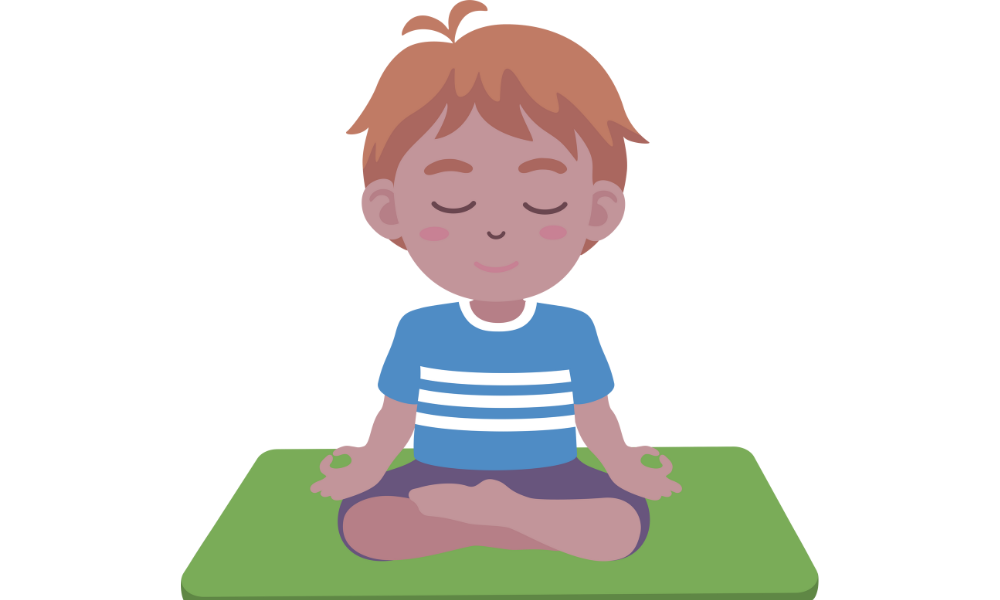

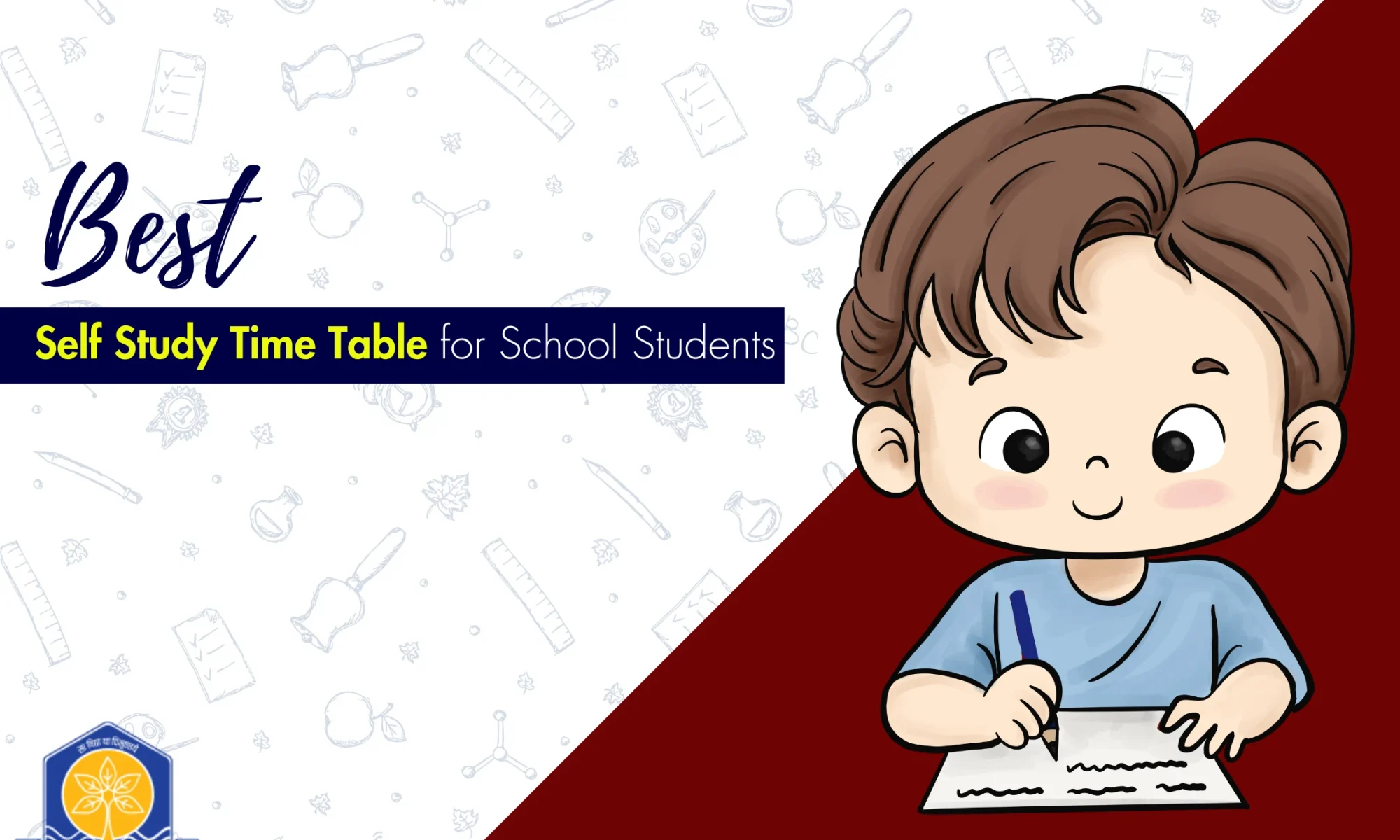





 In today’s competitive academic environment, students must go beyond classroom learning to truly excel. The importance of self study lies in its ability to help students build confidence, enhance understanding, and develop a sense of responsibility for their own learning. It enables them to grasp concepts at their own pace, ensuring deeper comprehension and retention of knowledge.
Schools, including
In today’s competitive academic environment, students must go beyond classroom learning to truly excel. The importance of self study lies in its ability to help students build confidence, enhance understanding, and develop a sense of responsibility for their own learning. It enables them to grasp concepts at their own pace, ensuring deeper comprehension and retention of knowledge.
Schools, including 